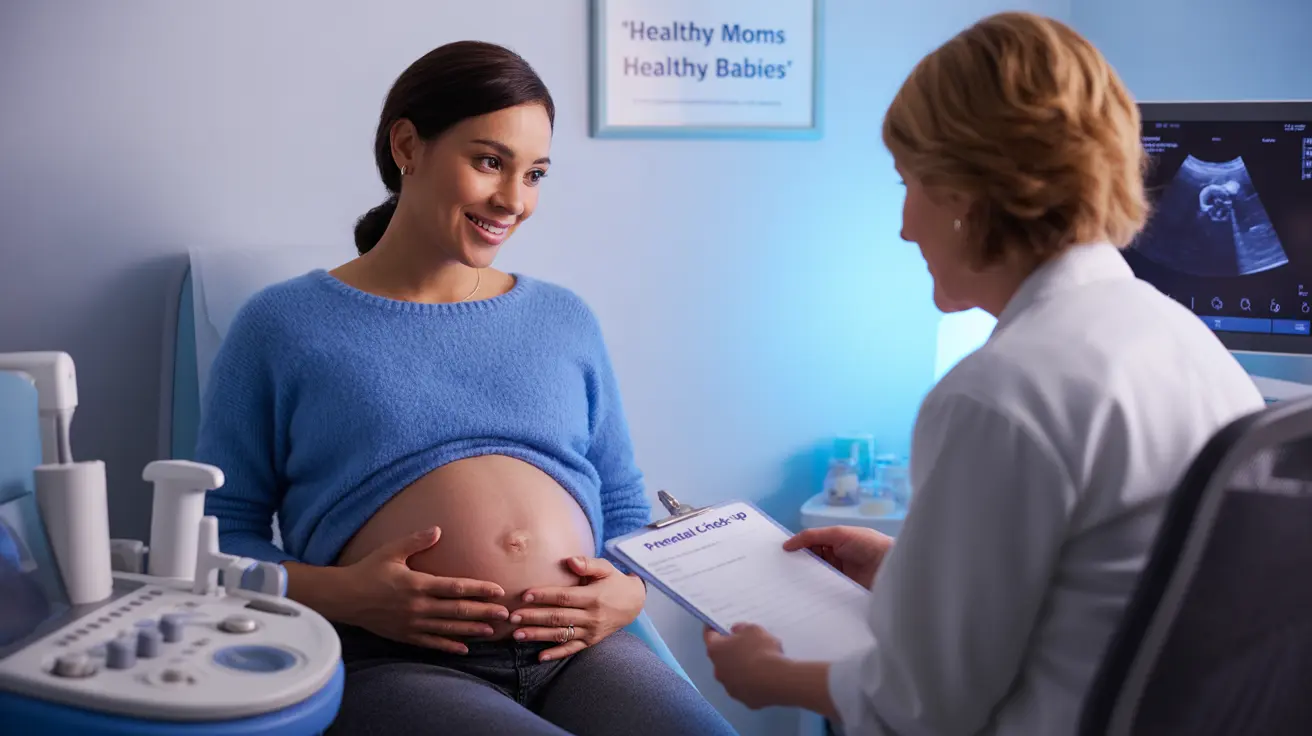The term "geriatric pregnancy" refers to pregnancy in women aged 35 or older. While this outdated medical term is gradually being replaced by "advanced maternal age pregnancy," it's important to understand that many women are successfully having babies later in life. As societal norms evolve and career paths extend, more women are choosing to delay parenthood, making it crucial to understand both the challenges and opportunities of pregnancy after 35.
Modern medical advances have made it increasingly possible for women over 35 to have healthy pregnancies and deliver healthy babies. However, being well-informed about potential risks and necessary precautions can help ensure the best possible outcomes for both mother and child.
Understanding Advanced Maternal Age Pregnancy
Advanced maternal age pregnancy typically refers to any pregnancy where the mother is 35 years or older at the time of delivery. This age threshold wasn't arbitrarily chosen; it's based on decades of medical research showing certain risk factors become more prevalent after this age. However, it's essential to remember that each pregnancy is unique, and age is just one of many factors that influence pregnancy outcomes.
Risk Factors and Medical Considerations
Physical Risks
Women over 35 may face certain increased risks during pregnancy, including:
- Gestational diabetes
- High blood pressure and preeclampsia
- Multiple pregnancy (twins or more)
- Placental complications
- Cesarean delivery
Genetic Considerations
The risk of chromosomal abnormalities increases with maternal age. This includes conditions such as Down syndrome and other genetic disorders. However, advanced screening methods can help identify potential issues early in pregnancy, allowing for informed decision-making and appropriate medical care.
Enhanced Prenatal Care Guidelines
Healthcare providers typically recommend more frequent monitoring for pregnancies in women over 35. This comprehensive care often includes:
- First-trimester screening
- Non-invasive prenatal testing (NIPT)
- Regular blood pressure monitoring
- Gestational diabetes screening
- More frequent ultrasounds
- Genetic counseling options
Optimizing Pregnancy Success
Women over 35 can take several steps to improve their chances of a healthy pregnancy:
- Maintaining a healthy weight before and during pregnancy
- Taking prenatal vitamins, especially folic acid
- Regular exercise as approved by healthcare providers
- Healthy diet rich in essential nutrients
- Regular prenatal check-ups
- Stress management techniques
Frequently Asked Questions
What does advanced maternal age or geriatric pregnancy mean and at what age does it start? Advanced maternal age pregnancy, formerly known as geriatric pregnancy, begins at age 35. This classification is based on statistical data showing increased pregnancy-related risks after this age.
What are the common risks and complications associated with pregnancy after age 35? Common risks include higher chances of gestational diabetes, high blood pressure, placental issues, multiple pregnancies, and increased likelihood of cesarean delivery. There's also an elevated risk of chromosomal abnormalities.
How can prenatal care be managed to reduce risks in pregnancies at advanced maternal age? Enhanced prenatal care typically includes more frequent monitoring, comprehensive genetic screening, regular blood pressure checks, and additional ultrasounds. Healthcare providers may also recommend lifestyle modifications and specialized genetic counseling.
Are there higher chances of miscarriage or chromosomal abnormalities in pregnancies over 35? Yes, the risk of both miscarriage and chromosomal abnormalities does increase with maternal age. However, advanced screening methods can help identify potential issues early, and many women over 35 still have successful pregnancies.
Can women over 35 still have healthy pregnancies and healthy babies? Absolutely. While there are increased risks, many women over 35 have completely healthy pregnancies and babies. Modern medical care, early intervention, and proper prenatal care significantly improve outcomes for advanced maternal age pregnancies.




